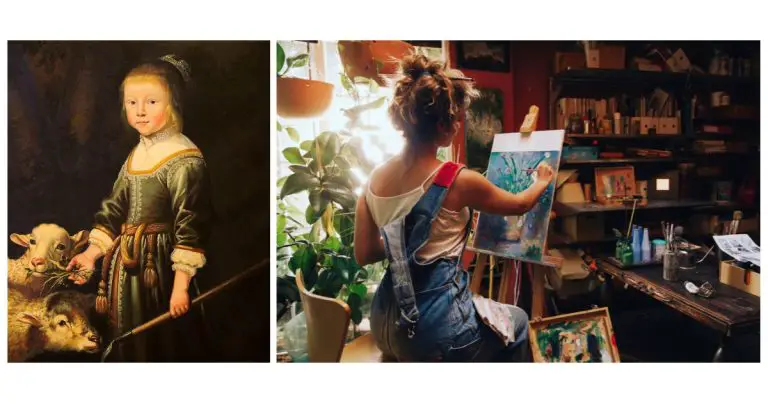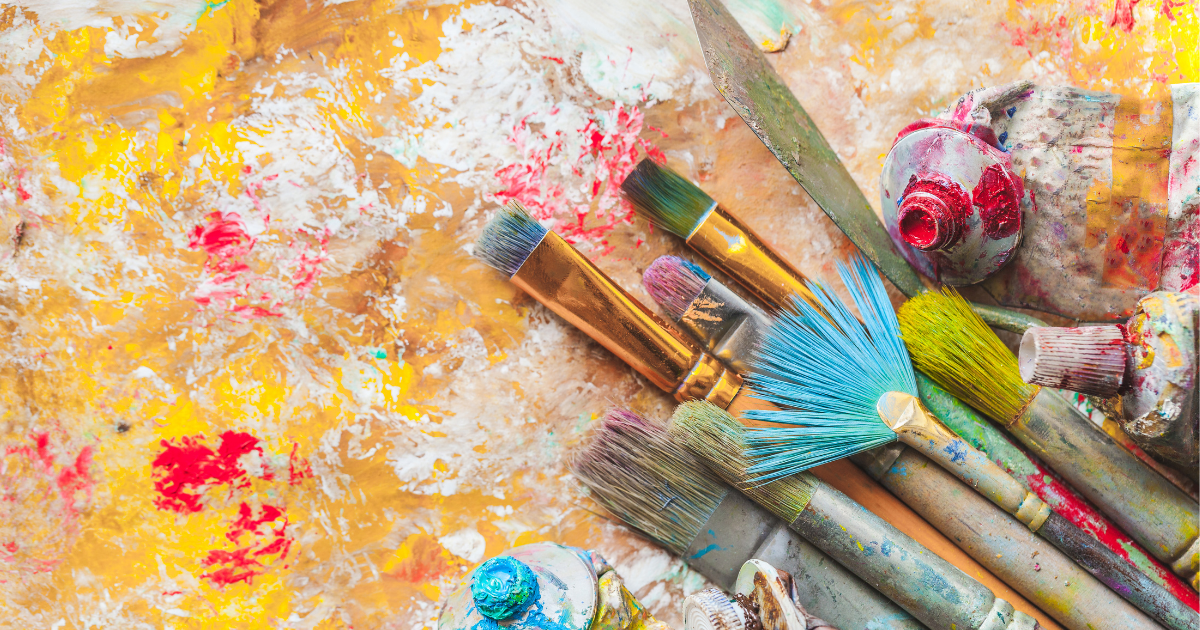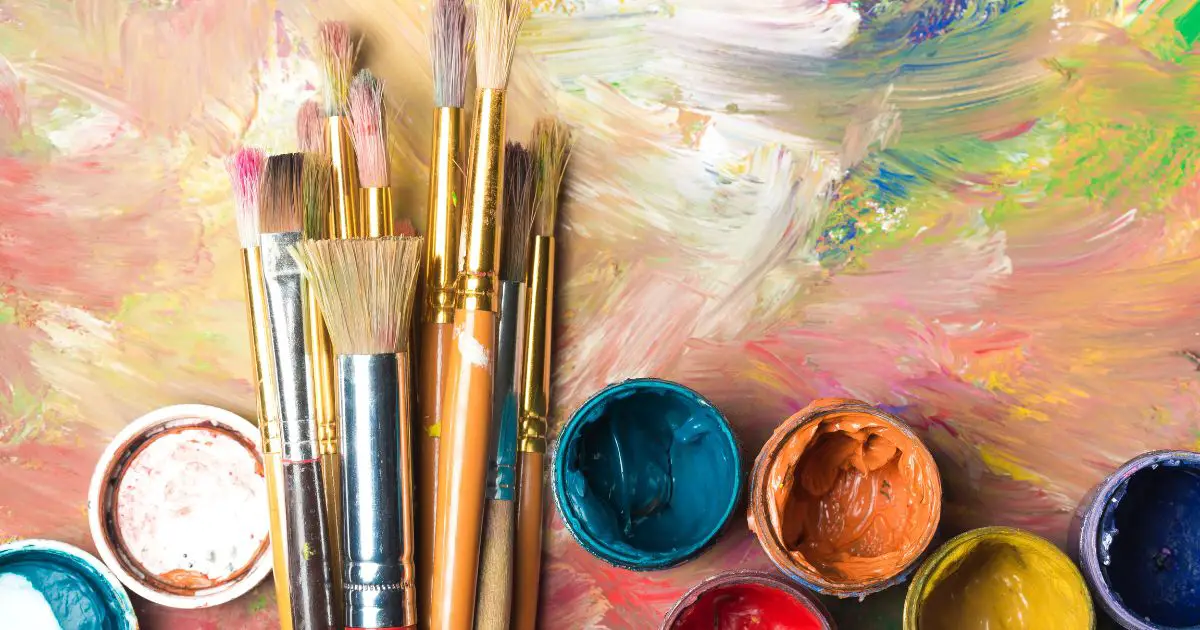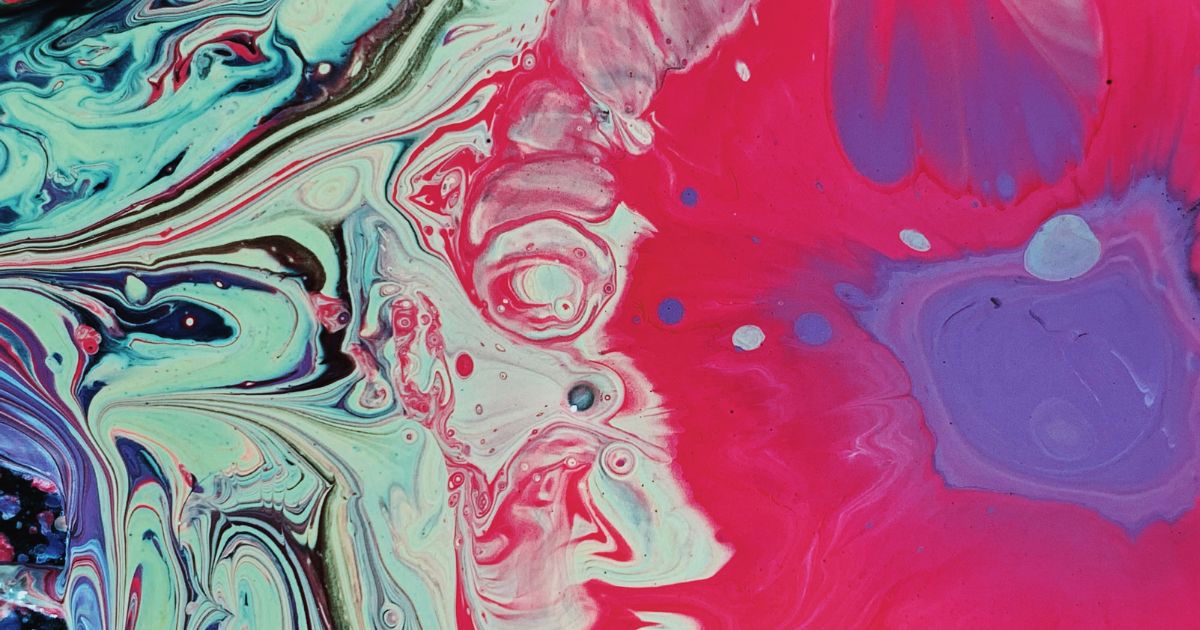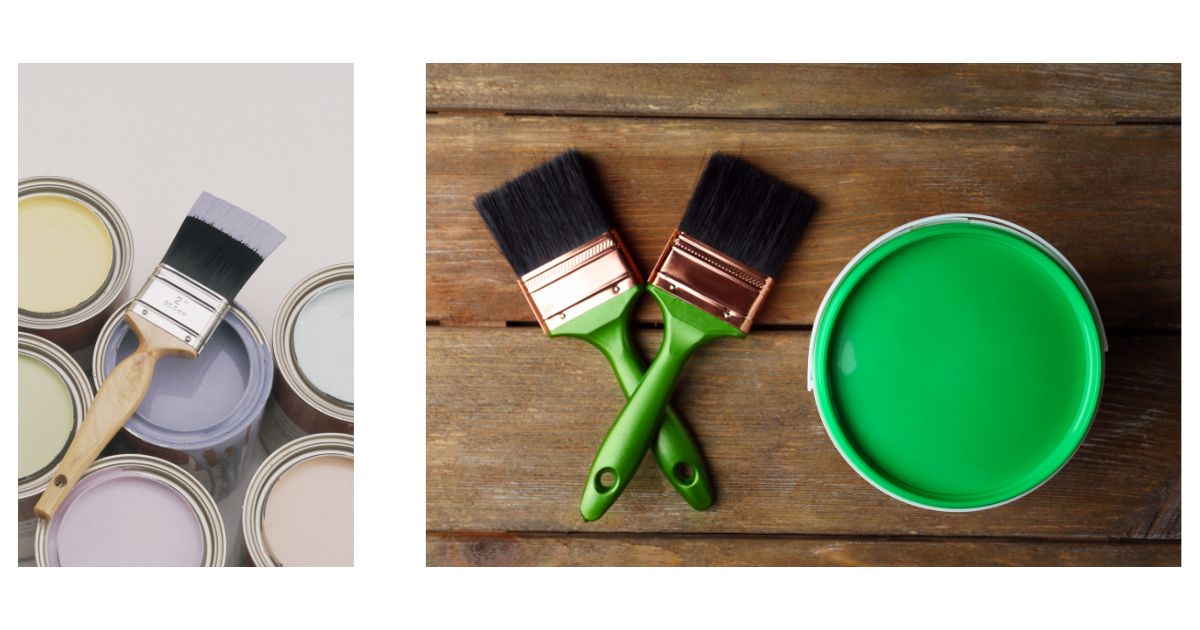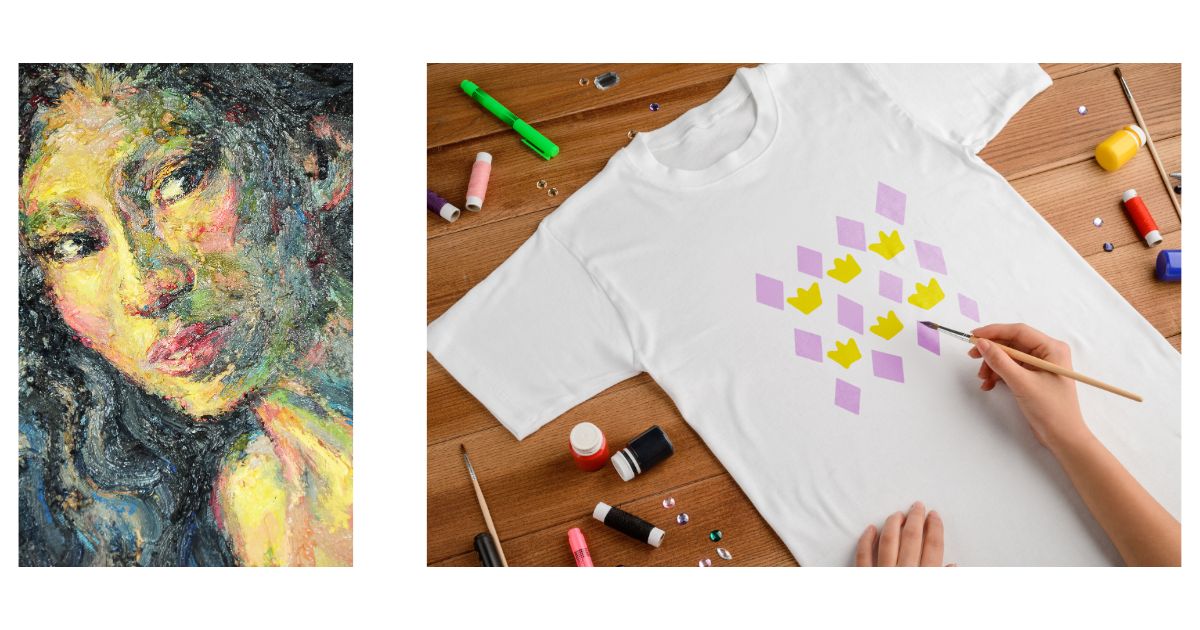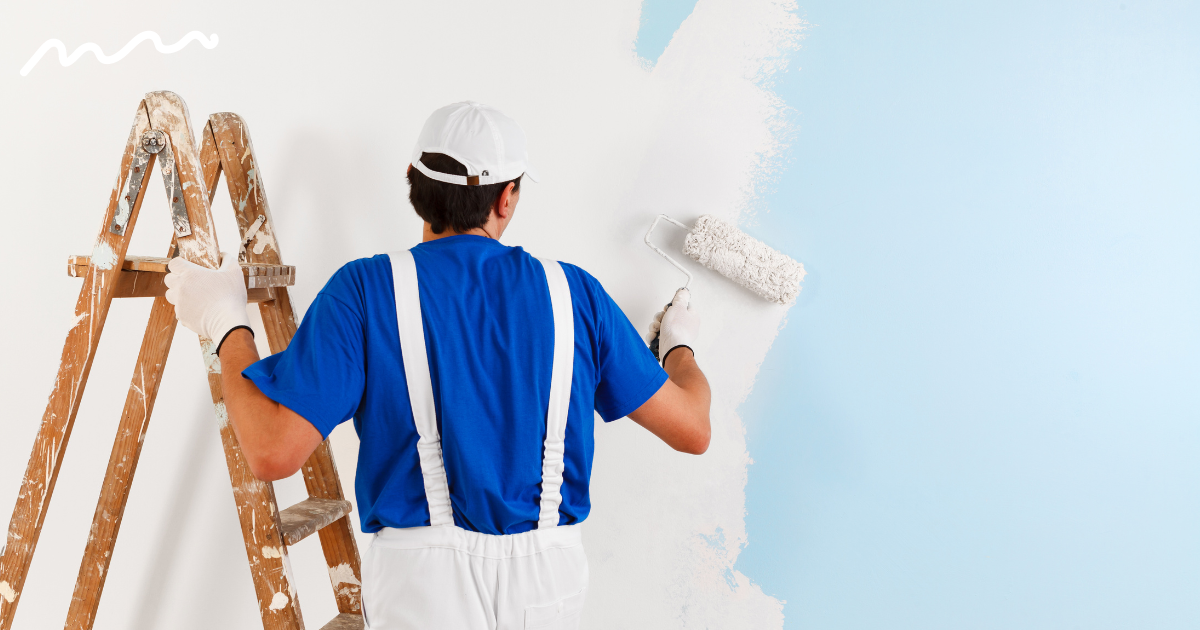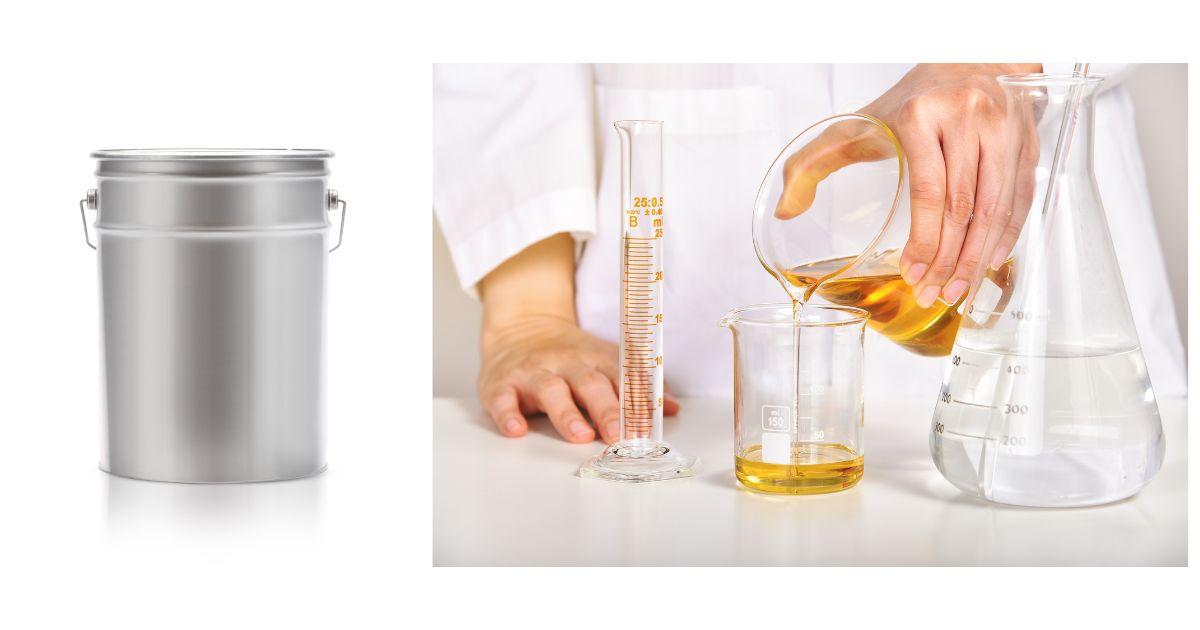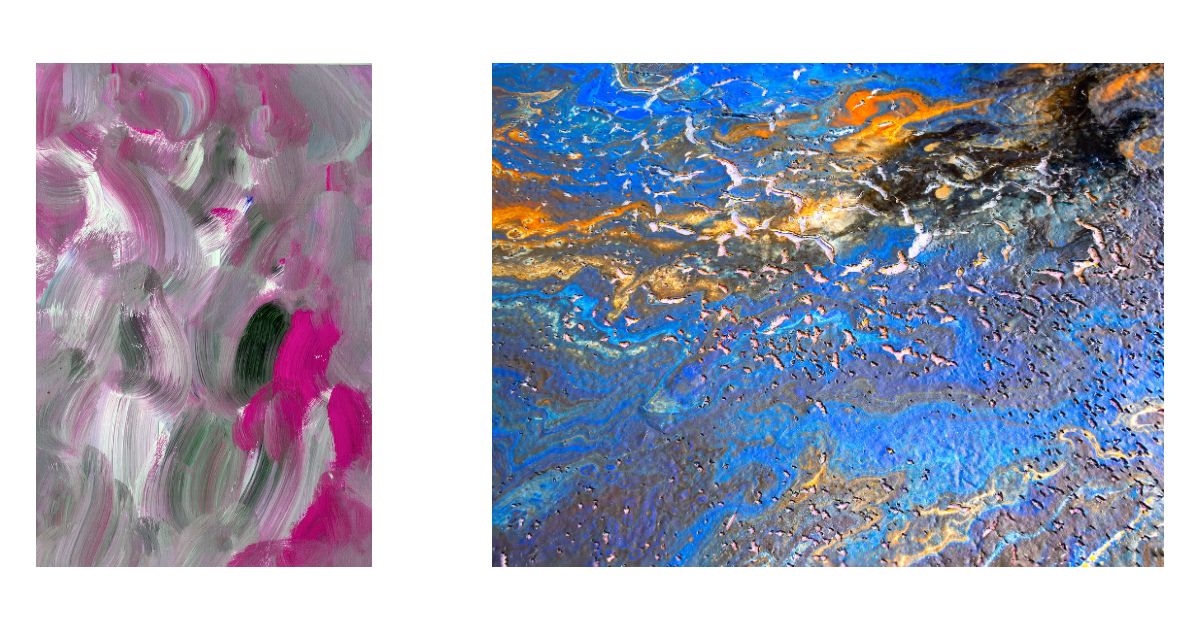Oil paints can last for centuries if they are stored properly. The dried paint film is very stable and does not degrade over time. However, the pigments and oil media may separate over time, causing the paint to become less vibrant and harder to use.
How Long Do Oil Paints Last? This is a question that is often asked by artists since oil paints can be quite expensive. Unfortunately, there is no easy answer and it really depends on a number of factors.
Let’s take a look at some of the things that will affect how long your oil paints will last. One of the most important things to consider is the type of paint you are using. Some brands of oil paint are simply better quality than others and will last longer as a result.
If you want your paintings to stand the test of time, it’s worth investing in high-quality materials from the start. Another factor to consider is how you store your paints. If they are exposed to extreme temperatures or light, they will degrade quicker.
It’s best to keep them in a cool, dark place when not in use. Finally, it’s also worth considering how often you use your paints. If you only paint occasionally, your paints will obviously last much longer than if you’re painting every day!
How Long Do Oil Paints Last?
How Can You Tell If Oil Paint is Bad?
When it comes to oil paint, there are a few things you can look for to determine whether or not it has gone bad. One of the first things you’ll notice is a change in color; if the paint appears darker than when it was first applied, this is an indication that it has oxidized and is no longer good. Another telltale sign is a chalky texture; if the paint feels gritty or powdery when you touch it, this means that it has separated and is no longer usable.
Finally, if the oil paint emits a strong odor, this is also an indication that it has gone bad. If you notice any of these changes in your oil paint, it’s best to dispose of it and start fresh with new paint.
Does Oil-Based Paint Have a Shelf Life?
Oil-based paint does have a shelf life, though it varies depending on the type of oil used and the pigment. It generally ranges from 1 to 5 years.
Which Lasts Longer Acrylic Or Oil Paint?
If you’re trying to decide between acrylic and oil paint, it’s important to know the differences between the two. Acrylic paint is synthetic and made from plastic, while oil paint is natural and made from drying oils. Both have their pros and cons, but there are some key differences that may help you make your decision.
When it comes to durability, acrylic paint wins hands down. It is much more resistant to cracking, yellowing, and fading than oil paint. Acrylics also tend to be less susceptible to dirt and pollution.
If you’re painting an exterior surface or something that will be exposed to the elements, acrylic is the way to go. Oil paint takes longer to dry than acrylic, which can be both a pro and a con depending on your project timeline. On the plus side, oil paints allow you more time to work with them and blend colors before they set.
This can be helpful if you’re working on a complex painting or need more time for detailed work. However, if you’re short on time or need to get your project finished quickly, acrylics may be a better option. In terms of price, both types of paints are fairly comparable.
However, since oil paints take longer to dry (and thus require more materials), they may end up being slightly more expensive in the long run. So which type of paint should you choose? That depends on your needs and preferences.
If you want a durable finish that will last for years without fading or yellowing, go with acrylics.
How Long Can Oil Paint Sit Out?
Oil paint is a type of paint that uses oil-based pigments. These pigments are usually made from ground-up minerals, and they can be very dense and concentrated. Because of this, oil paints can have a very long shelf life if they are stored correctly.
However, if oil paints are left out in the open air for too long, they will eventually dry out and become unusable. So how long can oil paint sit out before it dries out? It depends on a few factors, such as the temperature and humidity of the environment where the paint is stored.
In general, however, you should be able to leave oil paint out for at least 24 hours without it drying out completely. If you need to store oil paint for longer periods of time, it is best to keep it in an airtight container or tube.
How Long Do Oil Paints Last in Tube
Oil paints have been around for centuries, and they are still one of the most popular mediums for artists today. They offer a wide range of colors and textures, and they can be used to create both realistic and abstract paintings. But how long do oil paints last in the tube?
That depends on a few factors, including the type of paint, the storage conditions, and how well the paint is sealed. Type of Paint There are two main types of oil paints: traditional oil-based paints and water-soluble oils.
Traditional oil-based paints are made with mineral spirits or other volatile organic compounds (VOCs), while water-soluble oils are made with an emulsifier such as linseed oil. Both types of paints will last indefinitely if stored properly. However, water-soluble oils may start to degrade sooner than traditional oil-based paints because the emulsifier can break down over time.
Storage Conditions The ideal storage conditions for oil paints are cool and dry. Heat and humidity can cause the paint to deteriorate, so it’s important to keep them away from direct sunlight or hot rooms.
If you live in a humid climate, consider storing your paints in a cool basement or wine cellar. Otherwise, any dark cupboard or cabinet will do. Just make sure the area is well-ventilated so that the fumes from the paint don’t build up.
Proper ventilation is also important when using oil-based paint indoors since exposure to VOCs can be harmful to your health. If you plan on painting frequently, it might be worth investing in an air purifier specifically designed to remove VOCs from the air. Finally, it’s best to keep open cans of paint tightly sealed when not in use.
This will prevent them from drying out or absorbing moisture from the air, which can ruin the quality of the paint.
How Long Do Oil Paints Take to Dry
Oil paints are a popular choice for artists because of their smooth texture and ability to create rich, vibrant colors. However, one downside to oil paints is that they can take a long time to dry. Depending on the thickness of the paint and the type of surface it is applied to, it can take anywhere from several hours to days for oil paint to fully dry.
There are a few things you can do to speed up the drying process. One is to use a thinner layer of paint so that it dries faster. Another is to apply heat to the painting using a hairdryer or heat lamp.
You can also add a drying agent such as linseed oil or turpentine which will help the paint dry more quickly. If you’re patient enough to wait, there’s no need to rush the drying process as oil paintings actually look better when they’re allowed to cure slowly over time. This gives the paint time to settle into the surface and creates a more durable finish.
So if you don’t mind waiting, your painting will ultimately turn out better if you let it dry naturally at its own pace.
Do Oil Paints Expire
It’s true, oil paints do have an expiry date. But before you go and throw out all your half-used tubes of paint, it’s worth knowing a few things about how long oil paints last, and what affects their shelf life. Oil paints are made from a combination of pigments and drying oils.
The ratio of these two ingredients determines the quality and drying time of the paint. Over time, the oils in the paint will start to evaporate, causing the paint to thicken and become less workable. This process is accelerated by heat and light exposure, which is why it’s important to store your oil paints in a cool, dark place when not in use.
Once the oils in the paint start to evaporate, they can’t be replaced – meaning that once an oil painting starts to dry out, there’s no going back. However, if you do find yourself with a tube of dried-out oil paint, all is not lost – simply add a few drops of linseed oil or other suitable medium and stir well before using as normal. This will re-introduce some of the evaporation-resistant qualities back into the mix and give you a little more working time with your dried-out paints.
Generally speaking, most high-quality oil paints will have a shelf life of around 10 years – though this can be extended somewhat if they’re stored properly (i.e. in a cool, dark place). So if you’ve got some old tubes of paint kicking around that you’re not sure about using, err on the side of caution and give them away or dispose of them safely rather than taking any risks.
Conclusion
The average tube of oil paint will last for about two years. However, if you take care of your paints and store them properly, they can last for much longer. Here are a few tips to help you get the most out of your oil paints:
- Keep your paint tubes tightly sealed when not in use. This will prevent the paint from drying out and becoming unusable. -Store your paints in a cool, dark place. Heat and light can cause the paint to degrade over time.
- Use only as much paint as you need for each painting session. This will minimize the amount of waste and ensure that your paints last longer.

